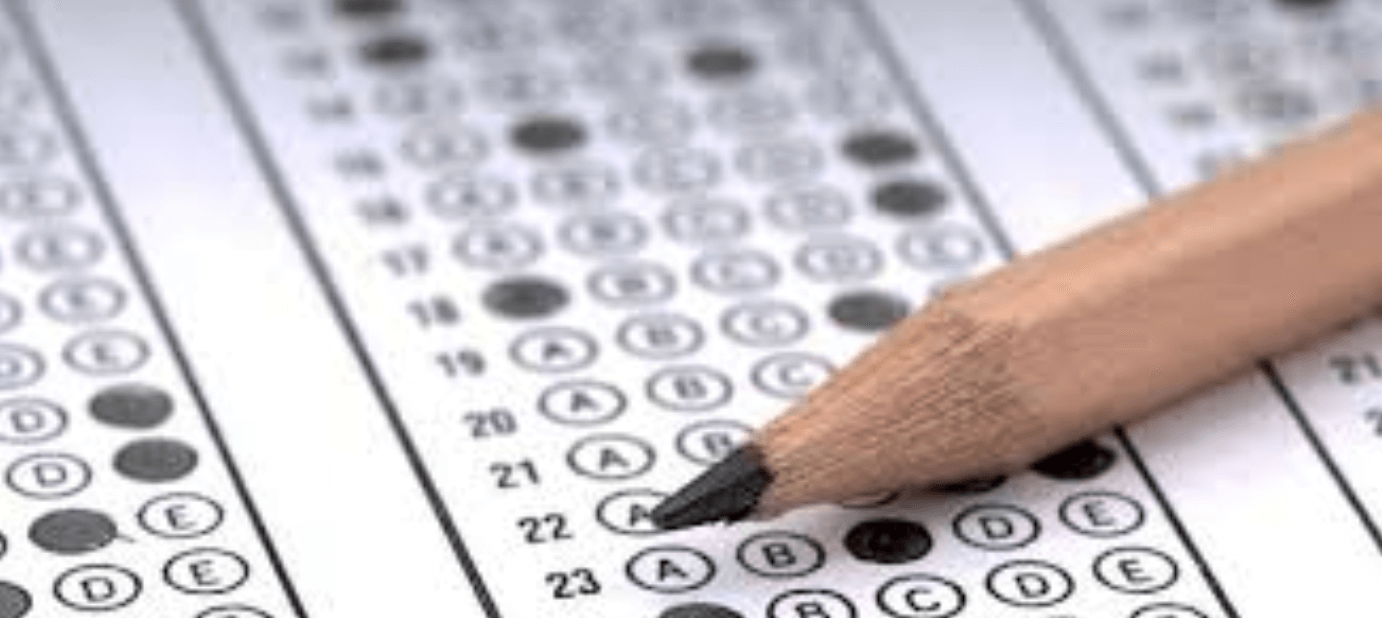
Organizing study time is a kind of hard task for many students. The only thing that cannot be brought back is time for everybody. Some people use time as planned, some generously. The main difference between the candidates who are successful
in the exams and the ones who are not successful is the use of time. Time; can be controlled if used in line with priorities. Determining priorities is the first step in planning time. Life consists of actions which are desired and must be made. Often
it is difficult to choose between these two. Students also experience a contradiction between the requirements of entertainment and being a student. Learning to manage your course load and prioritize your time is an important skill to gain. Setting
and specifying when to complete all your assignments and tasks will help you to balance your friends, school or work so that you feel less stressed. There will be some important tips while learning
how to organize a studying period for a student. Let’s check this tips below :
1-Determine the priorities :
The most important aspect of time management is learning how to prioritize your time to reach your goals. The most important tasks or tasks are often the least we want to do. Therefore, you should try to make it a habit to start from
the most important ones. Not all assignments have the same importance or are not time-sensitive like others. Prioritize and complete your assignments in order of importance and delivery date.
2- Organize a schedule :
Whether you make notes on a calendar or make a chart, it is good to set time periods for specific tasks, assignments and activities. Note the schedule for fixed events like lessons. And then look at the remaining time to determine how much space you have
to do your homework, repetitions and extracurricular activities. If you need to spend more time on some assignments or some of the things you need to study, adjust your time accordingly.
3 – Do enough exercises in resting times :
Believe it or not, exercises give the same effect as sleep. You can focus your mood and help you clear your head among the lessons. If you are new to exercise, add 10 minutes to your schedule, increase this amount of exercise as you progress.
4- Choose real goals :

Listing your goals is one of the best ways to remind you what you want to accomplish and motivate you to complete your tasks. Try dividing your goals into two as soon as possible and in the long term, and
see which tasks and responsibilities are linked. You will also be able to distinguish your more important tasks from others. Of course, determining real goals will be helpful while realizing your long-term success criteria. Things usually take more
time than you think and it’s important not to forget. Put on an additional time for the tasks that might be unplanned every week or for those who can last longer than necessary. Take extra time with yourself and don’t beat yourself if everything you
set doesn’t grow. Reward yourself when you’ve successfully completed your list and review the list again when you need to, and make the necessary adjustments.
5- Planning :
Planning is the key element that enables us to use our time effectively. Regardless of managerial requirements, the teacher must make plans. Plans can be considered as long-term plans covering an entire year or period, medium-term plans
covering the unit or week, and short-term plans covering one or two class hours. Long-term plans allow teachers to review the curriculum and adapt it to school and classroom conditions. Medium and short-term plans are more effective in terms of determining
the activities to be done in the classroom, choosing the material and using time. Especially in lesson plans, teachers make estimations about time usage. Sometimes the application may not go with this estimate. Teachers often face situations when
an activity ends or ends before it is expected. In both cases, the teacher should have a second plan.